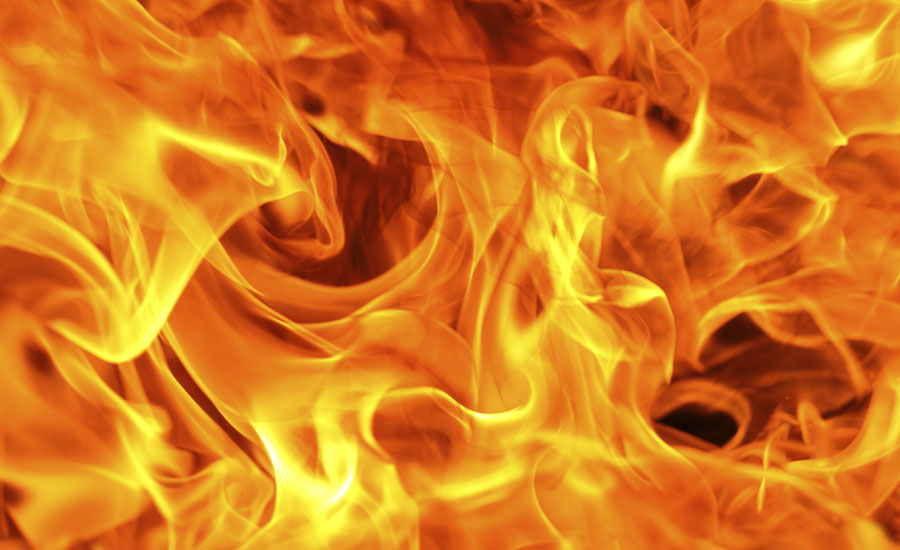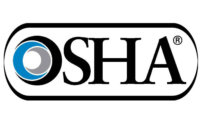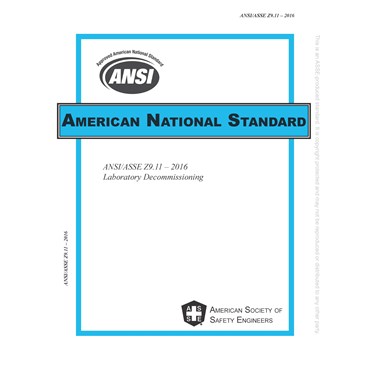The Air Quality Index for the greater Spokane-area hit unhealthy levels in late August due to wildfires burning across the region.
"Smoke from wildfires is especially harmful for those with health conditions like asthma. We recommend that people who are sensitive to poor air quality limit their time outdoors, follow their breathing management plans, keep medications on hand and contact their health provider if necessary," Spokane Regional Health District health officer Dr. Joel McCullough said.
Breathing smoke can make anyone sick. Even someone who is healthy can get sick if there is enough smoke in the air. Breathing in smoke can have immediate health effects, including:
- Coughing
- Trouble breathing normally
- Stinging eyes
- A scratchy throat
- Runny nose
- Irritated sinuses
- Wheezing and shortness of breath
- Chest pain
- Headaches
- An asthma attack
- Tiredness
- Fast heartbeat
It's important that individuals limit their exposure to smoke especially if they are susceptible. Here are some steps people can take to protect themselves from smoke:
- Pay attention to air quality reports. The AQI uses color-coded categories to report when air quality is good, moderate or unhealthy.
- Use common sense. If it looks and smells smoky outside, it is probably not a good time to go for a jog, mow the lawn or allow children to play outdoors.
- Individuals with asthma or other respiratory or lung conditions should follow their provider's directions on taking medicines. They should call their provider if symptoms worsen.
- If a person has heart or lung disease, is an older adult, or has children, they should talk with their provider about whether and when they should leave the area. When smoke is heavy for a prolonged period of time, fine particles can build up indoors even though a person may not see them.
- Some room air cleaners can help reduce particulate levels indoors, as long as they are the right type and size for your home.
- Paper "comfort" or "dust masks" are not the answer. The kinds of masks that people can commonly buy at the hardware store are designed to trap large particles, such as sawdust. But they generally will not protect lungs from the fine particles in smoke.
- Respiratory masks labeled N95 or N100 provide some protection - they filter out some fine particles but not hazardous gases in smoke (such as carbon monoxide, formaldehyde, and acrolein.) This type of mask can be found at many hardware and home repair stores and pharmacies.
Source: KXLY.com.




